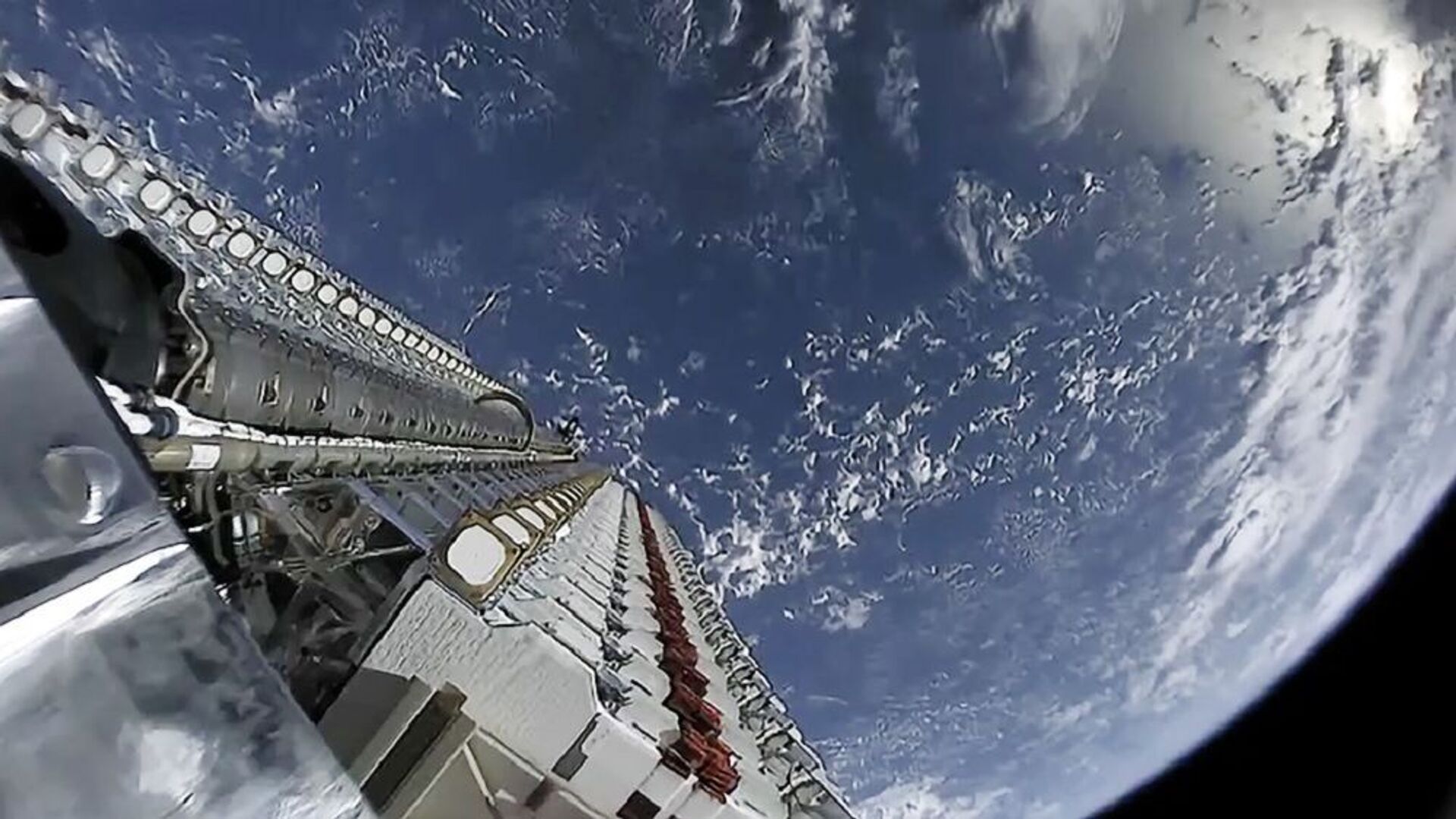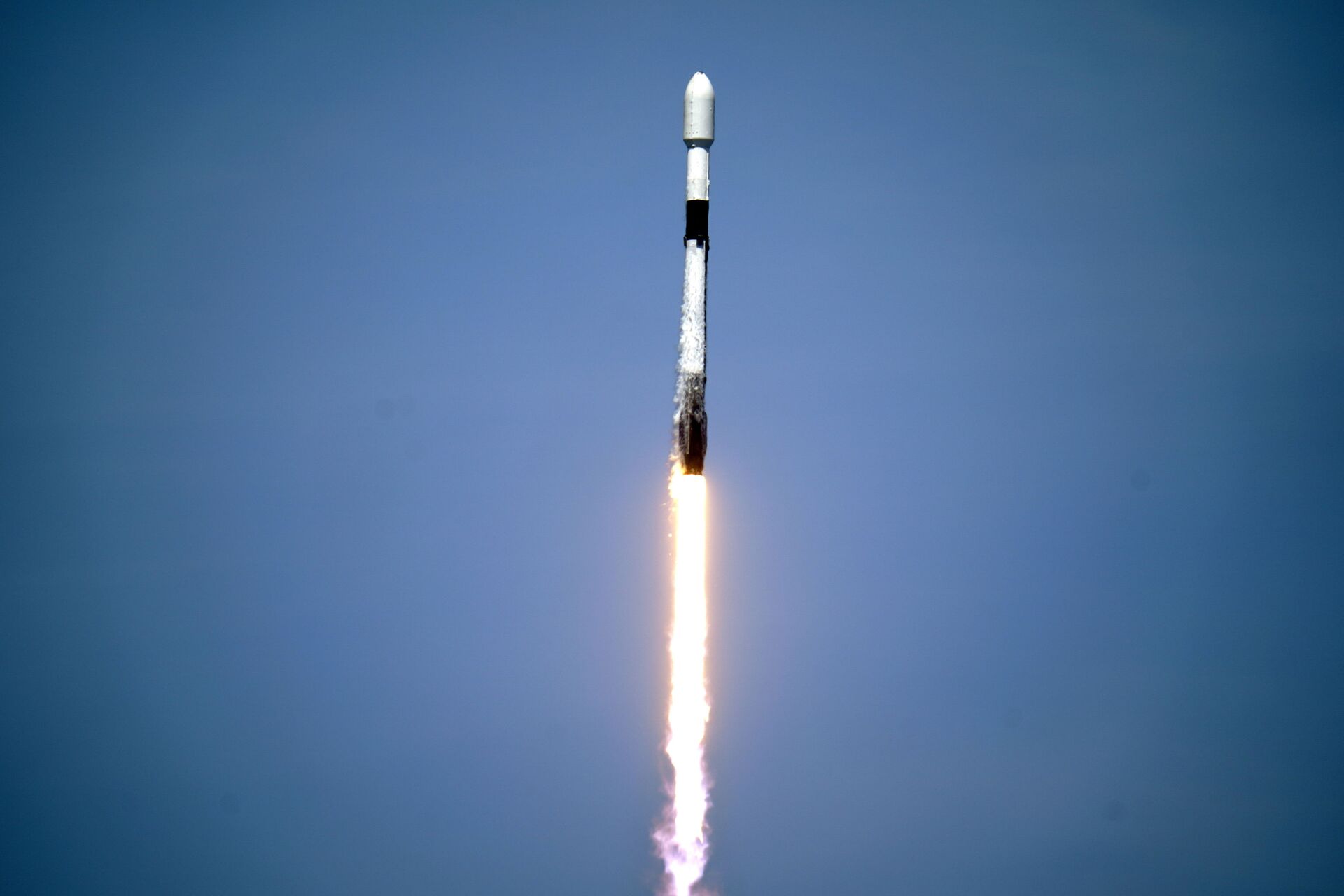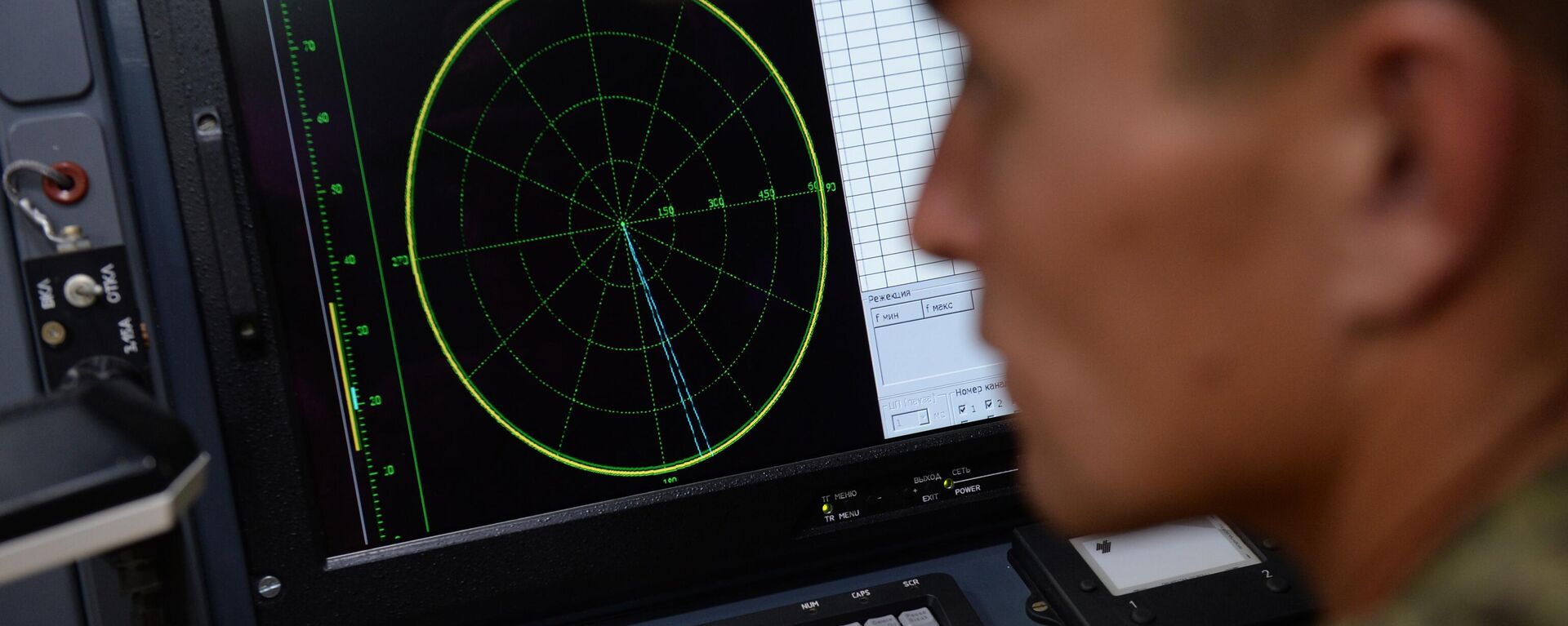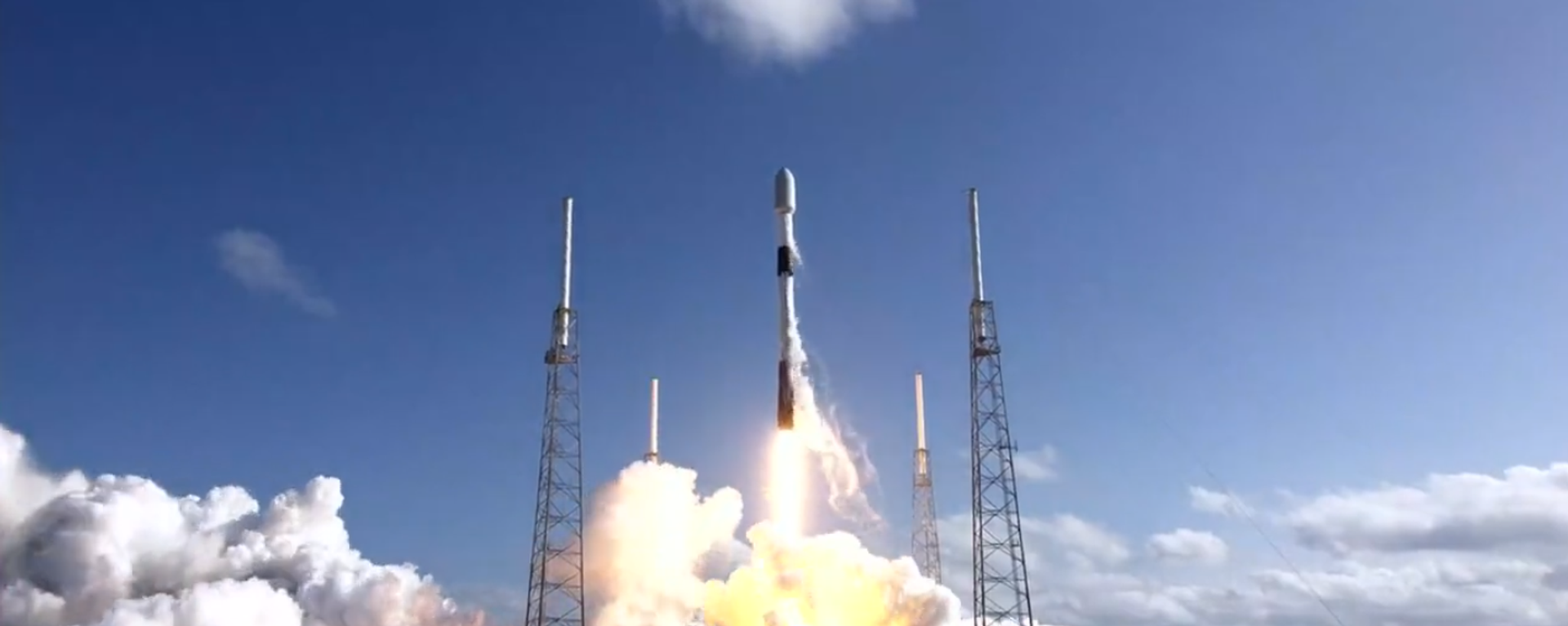Could Russian Electronic Warfare Systems Mute Ukrainian Starlink?

CC0 / /
Subscribe
The Ukrainian military has reportedly faced problems with the much-lauded Starlink communication system. What could be behind the problem?
Reports have popped up suggesting that Starlink has stopped operating in some parts of the Ukraine conflict zone. According to the Western press, SpaceX owner Elon Musk has repeatedly restricted his Starlink Internet access in some cases for the Ukrainian military, eventually backfiring on Kiev's battlefield strategy. However, the billionaire has not commented on the reports so far.
However, there is yet another possible explanation for the difficulties haunting Ukrainian military servicemen.
"Based on the analysis of the [intercepted] chatter by Ukrainian militants on the line of contact, they had difficulties using the Internet via Starlink satellites [in the Lugansk tactical direction – Sputnik]," retired Lieutenant Colonel of the Lugansk People's Republic Armed Forces Andrey Marochko told Sputnik on July 31. "Many attribute this to Russia using electronic warfare equipment to jam communications provided by SpaceX."
The Russian Ministry of Defense has not provided any comments on the matter yet.
What is Starlink and is Russia capable of jamming such a system in the first place?
What is the Starlink System?
Starlink is operated by American aerospace company SpaceX, owned by Elon Musk. While most satellite Internet services are provided by single satellites that orb.it the planet at an altitude of 35,786 km (22,236 mi), Starlink is actually a constellation of thousands of spacecraft which orbit the planet much closer to its surface – at about 550 km (342 mi) – and "cover the entire globe," per the manufacturer.
SpaceX has provided satellite Internet services to Ukraine since the beginning of Russia's special military operation. On May 11, 2022, Elon Musk claimed on Twitter that "Starlink has resisted Russian cyberwar jamming and hacking attempts so far, but they're ramping up their efforts."
On April 18, 2023, The Washington Post reported that it had obtained a classified intelligence document – part of the so-called Pentagon leaks – saying that Moscow had experimented for months with its "Tobol electronic warfare systems" in order to disrupt Starlink's transmissions in Ukraine. The document in question, dated March, and provided no further details about the alleged tests.
Earlier in the month a source familiar with the situation told Sputnik that Russia had developed a new electronic warfare (EW) system capable of disrupting spacecraft communications in geostationary orbit. The source specified that "this [geostationary orbit] is approximately 36,000 kilometers (about 22,300 miles) above sea level." They did not provide any details about the new Russian EW system, only saying that "the power of its emitters at short range allows not only to suppress, but also to permanently disable enemy electronics."
Is Russia Capable of Jamming Starlink?
The Russian Army is equipped with a variety of sophisticated EW systems, besides "Tobol." Among them are "Krasukha," "Moskva," "Infauna," "Leer," and "Triad." Some of them are used in Russia's special military operation in Ukraine.
"One must bear in mind that any satellite communications can only be jammed in a small local area," Dmitry Kornev, military analyst, founder of the “Military” Russia portal, told Sputnik. "A sufficiently powerful complex can cover an area of maybe hundreds of square kilometers."
At the same time, one cannot completely nix communications in the chosen area; EW systems could be only used to interfere with an adversary's communications, explained the military expert. There are several types of Russia's EW complexes capable of accomplishing these tasks, but there has been no official information in this regard so far, Kornev noted.
"No one will tell you specifically [about the jamming of Starlink – Sputnik], because this electronic warfare equipment is top secret," Pavel Kalmykov, analyst for military and political analysis bureau, lieutenant colonel in reserve, told Sputnik. "In general, everything related to them is secret. Nobody knows the exact characteristics of these systems."
Still, Kalmykov hinted that judging from some information he had earlier obtained, the assumption that Starlink has been suppressed in Donbass could be real.
For his part, Viktor Litovkin, a military analyst and retired Russian Army colonel, assumed that Russia could "turn off" just some part of Starlink's satellite network system.
"I don't think we have such powerful electronic warfare systems that can disable all 4,000 Elon Musk satellites," Litovkin told Sputnik. "Do we really need to do this? So it all depends on the specific situation and the decision is made by the [Russian] command."
What if Russia Turns Starlink Off?
The potential disruption of the work of Starlink would lead to serious problems for the Ukrainian Armed Forces, according to Kornev.
"According to Western analysts, modern military operations heavily rely on communications. That is, if a person, sitting somewhere in a tank, or in a trench, has information about what is happening around him [on the battlefield] (…) he has already completed 50% of his combat mission," the analyst explained.
"He no longer needs to look whether there is a tank behind this hill or whether someone threatens him, and who he can strike at. So, the whole Western concept is based on the presumption that everyone has satellite terminals, information terminals in every combat vehicle, every tank, and every trench. And Starlink provides this opportunity," Kornev continued.

A SpaceX Falcon 9 rocket with the 26th batch of approximately 60 satellites for SpaceX's Starlink broadband network lifts off from pad 39A at the Kennedy Space Center in Cape Canaveral, Fla., Tuesday, May 4, 2021.
© AP Photo / John Raoux
In addition, Starlink modules give the Ukrainian military an opportunity to turn most primitive unmanned vehicles into "smart drones," per the expert. Thus, the control of sea drones and air drones which could attack Russian objects – including civilian ones – was ensured. However, a year ago Elon Musk opposed the Kiev regime's decision to use Starlink for attacks on the Russian territory demanding that the equipment be used only for "defensive" purposes, Kornev added.
If Russia obtains an opportunity to specifically jam Starlink it would mean nothing short of an "information catastrophe" for the Ukrainian Armed Forces, per the expert. The Ukrainian Army units wouldn't be able to communicate with each other, while drone attack capability would be substantially undermined too, he noted. As a result, the Kiev regime would have to fundamentally change tactics and equipment and would lose precious time and agility, according to Kornev.
Currently, Ukrainian military personnel are heavily dependent on Starlink, and Russia should use every opportunity to throw sand in the gears of their communication system, the expert noted, stressing that it would significantly increase Russia's capabilities and reduce the capabilities of the Armed Forces of Ukraine.





